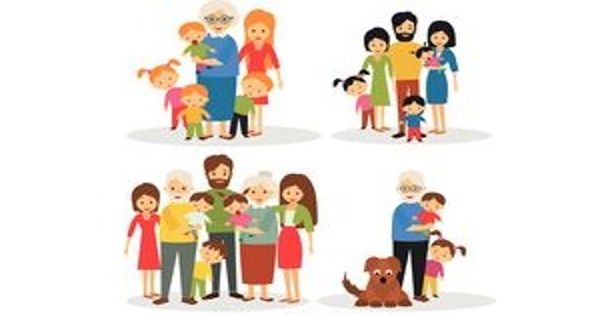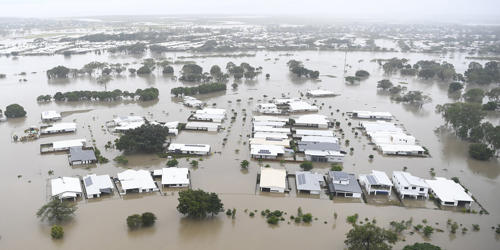A very Good Morning/Afternoon/Evening (Ladies and Gentlemen) to Honorable Sir/Madam, respected teachers, parents, seniors, and my dear friends/students, Warm Greetings to Everyone!
Thank you all for taking out time and being present at this seminar session. Today, I ……(name) would like to speech on the topic of “Importance of Vocational Education.”
We’ve all heard of it: “Vocational Education” is education that trains people to work as technicians or as tradespeople or artisans in a skilled craft or trade. Career and technical education are two terms used to describe vocational education. First and first, it is necessary to define what a vocational course entails. Vocational education can occur at the post-secondary, further education, or higher education levels, and it can also be combined with the apprenticeship system. Highly specialized trade schools, technical schools, community colleges, colleges of further education (UK), vocational universities, and institutes of technology frequently provide vocational education at the post-secondary level.
Vocational education is skill-based training delivered to students through a variety of courses in a variety of employment domains such as health care, banking and finance, computer technology, trade, and tourism, among others. Students’ education focuses more on delivering hands-on instruction and providing greater practical experience. Rather than traditional academic learning, vocational training can help you enhance your talents. These will help you improve your skills and will be great for developing a secure career in you all. Obtaining training through vocational courses will complement your normal academic studies.
The development of nations necessitates trained labor, and vocational education equips them with the necessary skills. In addition, the demand for skilled workers has risen dramatically in both the private and public sectors. Furthermore, vocational education has vastly expanded over the years. Historically, practically all vocational education was done in the classroom or on the job, with students learning trade skills and theory from authorized instructors or experienced practitioners. However, online vocational education has risen in popularity in recent years, making it easier than ever for students to learn diverse trade skills and soft skills from proven professionals, even if they reside far away from a typical vocational school. Vocational education focuses on teaching practical skills and hands-on training for a specific job. During vocational programs, students are exposed to a real-world working environment. Vocational education is rapidly evolving, producing skilled and trained people for certain occupations.
Students who gain these practical abilities in addition to their basic education perform better in interviews and are more self-motivated and confident, which is why a company chooses them. You’ve probably come across the term “technical education,” which is often used interchangeably with “vocational education.” Vocational education imparts information in a certain field, which may or may not be multidisciplinary in nature, to your education courses. TVET (Technical and Vocational Education and Training) is a type of education and training that focuses on providing the knowledge and skills required for employment. It employs a variety of educational methods, including formal, non-formal, and informal learning, and is claimed to be critical for social fairness and inclusion, as well as development sustainability.
Furthermore, vocational courses are a pleasant surprise since they provide students with the opportunity to enhance and cultivate their innate talents and skills. Furthermore, they achieve great success in their industry and are compensated well. Vocational training, particularly in our country, has become critical in preparing students for employment. Students will be able to evaluate their talents and shortcomings and work more effectively if vocational training is introduced at a young age. Students get a lot from these classes, and they enjoy it because they put their heart and soul into pursuing their dreams.
In the current culture, there is a growing demand for skilled labor, and vocational training prepares you for this. It is not only useful to a certain student, but it also contributes to our country’s economic development and growth. It assists you in gaining practical experience in a particular profession and in learning the finer points of that industry. Vocational education, often known as technical or career education, gives students a distinct advantage in their future aspirations by providing skill and knowledge in a certain field. They are being prepared for a specific job through the classes.
Vocational education programs are less expensive and have a shorter length than traditional academic education programs. They eliminate the drawbacks of rote learning and provide students with real learning experiences that prepare them for employment. Students who complete these courses perform better in the workplace than those who have merely an academic degree. Also, it is an asset of the country that helps the economy to develop and grow. In numerous industries around the world, skilled labor is in high demand. Skilled labor is accorded top emphasis around the world. Computer specialists, nuclear technicians, fashion designers, electricians, cardiovascular technologists, and web developers are some of the profiles for which competent labor is in high demand around the world.
With the involvement of the private sector in skill development, sustainable skill development organizations have been established. This has improved the quality and accessibility of the novel finance strategy. Youth can gain real experience and learn modern ways of many vocations through vocational education. Students are more aware of their abilities and are making more informed career decisions. Vocational education trains pupils for high-paying employment and assists them in becoming self-sufficient at an early age.
These courses are offered by both commercial and public institutions due to their low costs. They may even award scholarships to pupils if they meet specific requirements. Quality vocational education delivered by qualified trainers will produce a young and productive workforce that will significantly contribute to the nation’s progress. It also provides an opportunity for persons who are poor, differently-abled, or women to generate self-employment. These individuals are taught the skills necessary to start their own business in the trade of their choice.
Finally, I’d like to emphasize that it is your life, and you must decide what you want to do with it.
This is all I have to say today.
Thank you all.
















